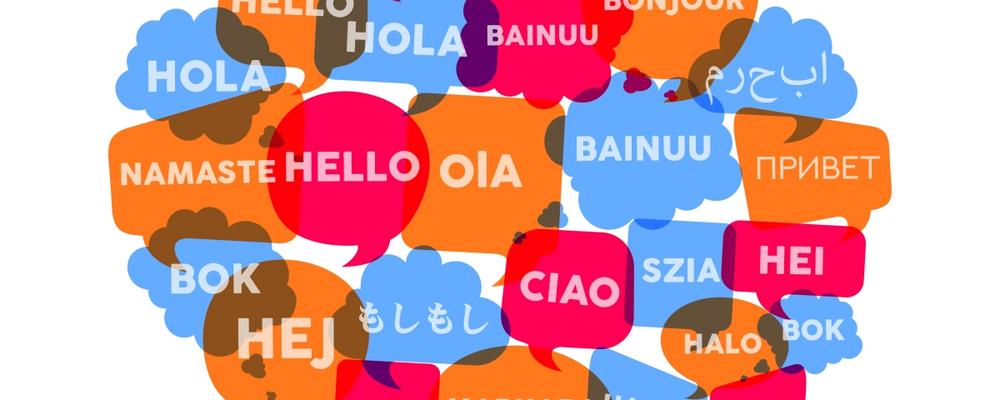“If we want to understand the mechanisms that control the extent to which young people invest in and succeed at school, we need to understand how linguistic norms and hierarchies affect the way they navigate between different expectations, and how they use and think about language when forming their identities,” says Jasmine Bylund, who will be defending her PhD thesis at the Department of Education and Special Education.
Her thesis shows that Swedish and English dominate in most leisure activities, and that native languages are mainly used at home. The young people included in the study believe that Swedish is essential in order to succeed at school and in their professional lives, provided that they intend to stay in Sweden. English is seen as the most important language because it is the most internationally accessible, while their native language is most important for a sense of cultural belonging and staying in contact with relatives.
An unequal educational situation
The languages that permeate school life are often different from the languages and linguistic practices that the young people in the study encounter outside school.
“This contributes towards an unequal educational situation, where pupils with a linguistic and cultural background other than Swedish are expected to perform on the same footing as those who are more familiar with the Swedish language and culture.”
Young people are very aware that the different languages are valued differently. They distinguish between the language used at school, which they believe is ‘real’ Swedish, and the Swedish they use outside school with their friends, which includes more slang and ‘suburban’ Swedish. Many describe having felt doubly challenged, both as authentic representatives of their parents’ culture and as legitimate ‘Swedes’.
“Even though they consider Swedish to be their strongest language, they see themselves as unauthorised speakers of Swedish
Strengthening the role of language at school
Jasmine believes that it is important to be able to use one’s linguistic and cultural capital in learning and teaching, as language is central to self-image and succeeding at school. Schools therefore need to reconsider the importance of language for equitable education and how language can be given a stronger role in the classroom.
“Interdisciplinary teaching allows schools to highlight the different dimensions of language and the relationships between language, society, history and culture. This can lead to a better understanding between people, which is an important part of education’s democratic assignment.”
Text: Ragnhild Larsson
